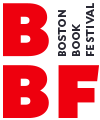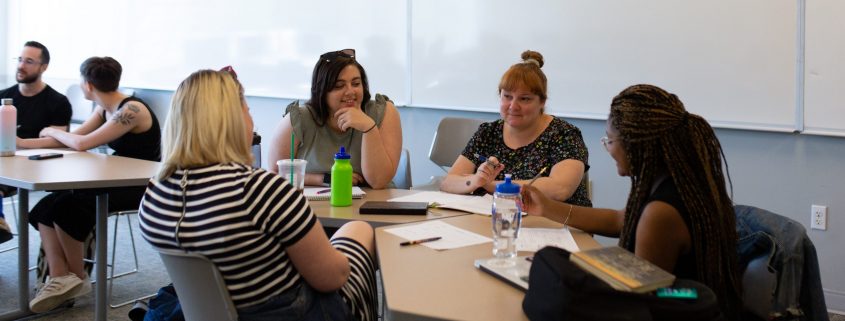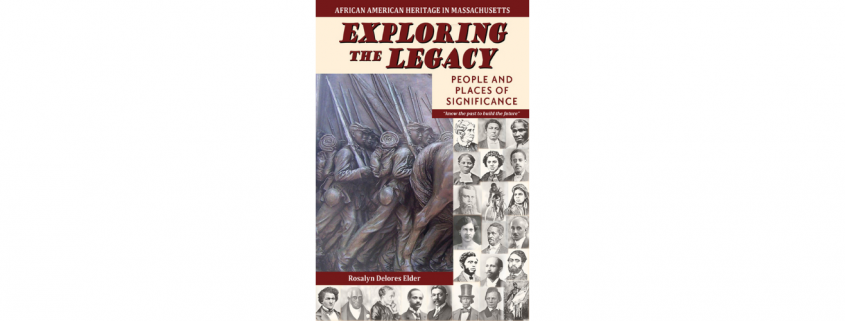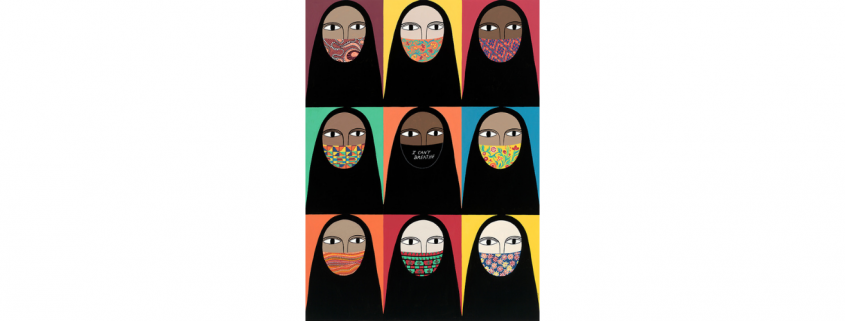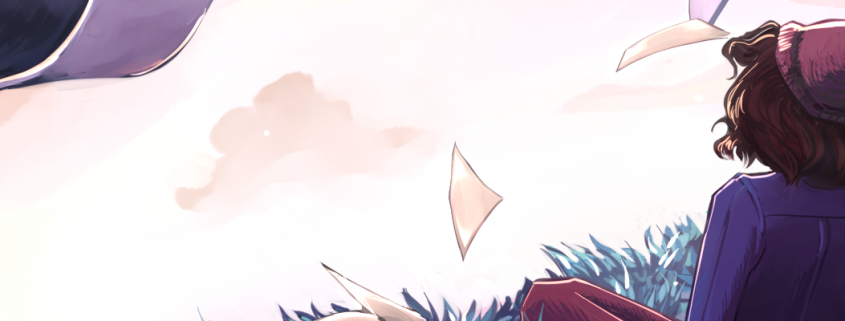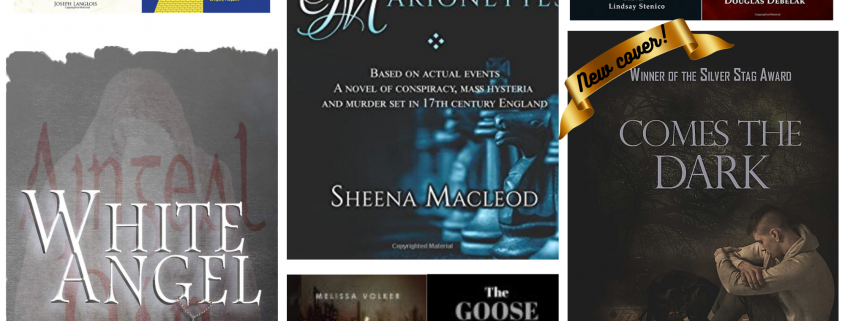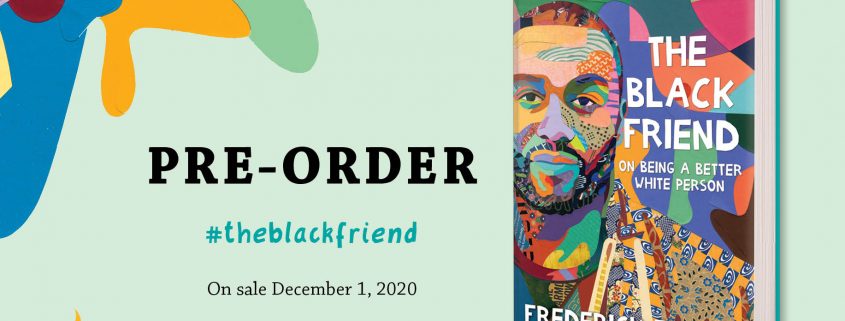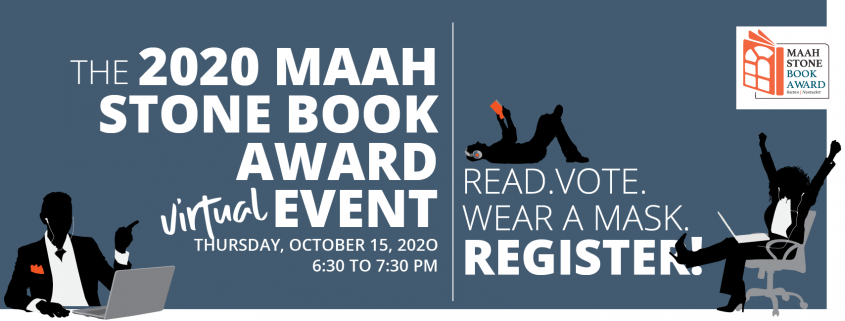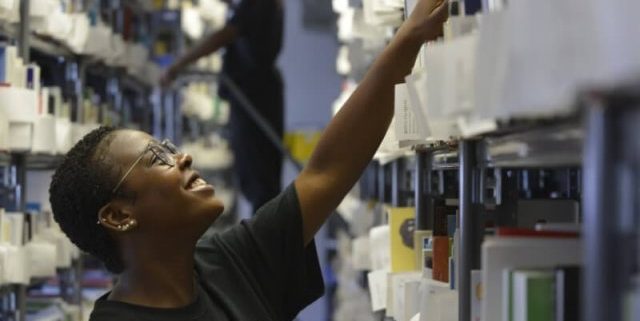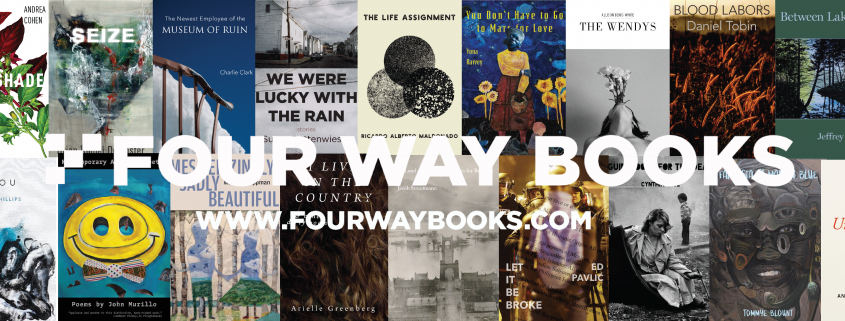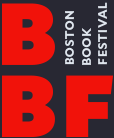Q&A with Maria Kucinski at Greenough
We are proud to join other businesses and organizations—many of them nonprofits and community institutions—in working with Greenough to craft compelling narratives about our organization and our programs. We recently sat down with Maria Kucinski, a VP at Greenough, to learn more about how they work with their clients.
How does Greenough provide a platform for diverse storytelling?
Our number one goal is to tell our clients’ stories in the most meaningful way possible. We work closely with our clients to help them identify compelling narratives that will engage the media. Our clients’ stories are told in international outlets like the Associated Press, New York Times, and Wall Street Journal, locally in the Boston Globe, Boston Business Journal, WBUR, and GBH and even closer to home in outlets like the East Boston Times and Patriot Ledger. Many Greenough team members are former journalists who have a “nose for the news” and the kinds of stories reporters would want to tell.
What is Greenough doing to engage in conversations around Boston?
We are driven by telling good stories, no matter the subject. On a local level, our work with East Boston Neighborhood Health Center (EBNHC) has showcased how the largest federally qualified health center in Massachusetts sprang into action at the beginning of the COVID-19 pandemic to provide testing and other urgent resources to its community. For example, EBNHC launched a mobile pediatric vaccination van to make sure that local infants weren’t missing those crucial vaccines while the state was in lockdown. We’re grateful for the opportunity to work with a diversity of clients, from community health centers to major life sciences corporations and from grassroots immigrant advocacy organizations to corporate law firms, to tell their stories.
What does working with the BBF mean to Greenough?
As storytellers, we love working with BBF. Plus, we are inspired that the BBF has an enormous impact not just in the Boston community, but the rest of the country and world—especially as it goes virtual. And it’s accessible to anyone.
One of our favorite aspects of working with the BBF is the opportunity to promote the One City One Story winners. This year, we’ve had the pleasure of working with Grace Talusan on her piece, “The Book of Life and Death,” which served as another reminder of how the Boston Book Festival lifts up writers and gives them a platform to share their experiences. Grace’s story is poignant, heartbreaking, and timely, touching on all the themes of 2020: race, privilege, sacrifice.
And personally, I love to read and to learn, and that’s truly what BBF provides, an opportunity to learn.
Are there any particular BBF events you are looking forward to?
Yes! The BBF features so many panels on timely topics that really discuss the ethos in our world right now. I’m excited for “The Fierce Urgency of Now,” “The Color of Innovation: Women of Color in Tech,” “How to Be a Better Human,” and the keynote with Michael J. Sandel on The Tyranny of Merit. Also, since I recently completed my MBA, I’m excited to hear Katherine Gehl speak about her new book with Michael Porter, The Politics Industry in “American Elections: Is This the Best We Can Do?” And any of the panels moderated by our friends at WBUR.
